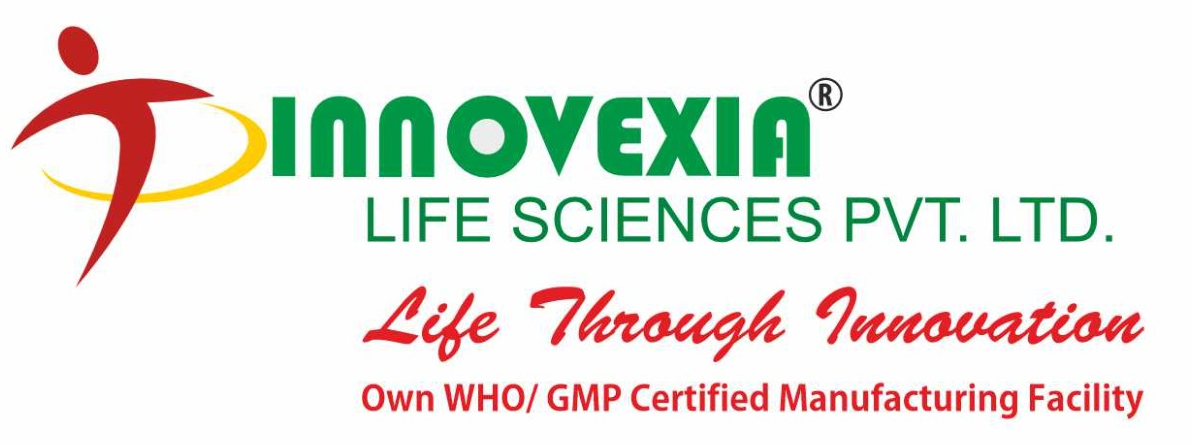Running a medical store in India involves complying with specific regulations and procedures set by the Central Drugs Standard Control Organization (CDSCO) and the State Drug Control Departments. Here are the steps to run a medical store in India:
1. Obtain the necessary licenses and registrations:
– Register your business entity: Register your medical store as a sole proprietorship, partnership, or private limited company with the Registrar of Companies (RoC).
– Obtain a drug license: Apply for a retail drug license (Form 19) from the State Drug Control Department or the respective State Pharmacy Council. You may also need additional licenses such as a wholesale drug license (Form 20) if you plan to stock and sell drugs to other retailers.
– GST registration: Register your medical store for Goods and Services Tax (GST) with the relevant authorities if your annual turnover exceeds the specified threshold.
2. Location and infrastructure:
– Find a suitable location for your medical store. Ensure that it meets the minimum requirements for storage space, sanitation, and ventilation.
– Set up racks, shelves, and storage units to organize medicines and healthcare products properly.
– Install necessary amenities, including clean water supply, washbasins, and fire safety equipment.
3. Procurement and inventory management:
– Identify authorized wholesalers, distributors, or manufacturers from whom you can purchase medicines and healthcare products. Ensure that they have valid drug licenses.
– Maintain proper records of purchase invoices, batch numbers, and expiry dates of the medicines.
– Implement an inventory management system to track stock levels, streamline reordering, and minimize the risk of expired medications.
4. Staffing and expertise:
– Employ a registered pharmacist or a qualified person with a Bachelor of Pharmacy (B.Pharm) degree who will oversee the operations and dispensing of prescription medicines.
– Hire additional staff members such as pharmacy assistants or technicians as per your requirements.
– Ensure that your staff is aware of and follows the ethical and legal responsibilities associated with the pharmaceutical industry.
5. Regulatory compliance:
– Comply with the regulations and guidelines issued by the CDSCO and State Drug Control Departments.
– Maintain proper records, including invoices, prescription copies, and purchase and sale records, as required by law.
– Adhere to storage and handling guidelines for different categories of medicines, including temperature-controlled storage for certain drugs.
6. Customer service and marketing:
– Provide quality customer service by offering accurate information on medications, their usage, and potential side effects.
– Create awareness about your medical store through local advertising, pamphlets, or online platforms.
– Ensure that you maintain patient confidentiality and handle prescription medications responsibly.
7. Continuous learning and improvement:
– Stay updated with the latest developments in the pharmaceutical industry, including new medications, regulations, and best practices.
– Attend training programs and workshops to enhance your knowledge and skills.
– Regularly review and update your inventory, adjusting to market demands and removing expired or obsolete products.
Please note that the above steps provide a general outline, and it is essential to consult with legal and regulatory experts or industry associations to ensure compliance with the specific requirements of your state or region in India.

